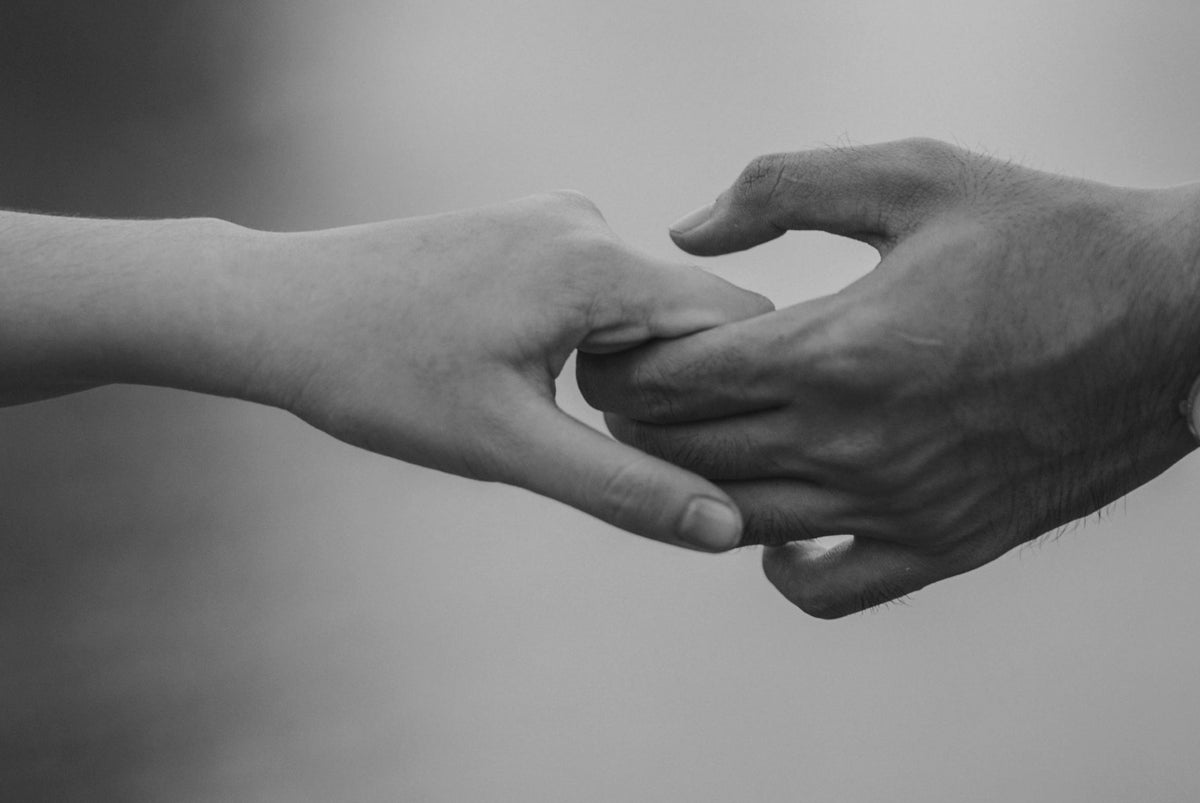

The Soaking Phenomenon: Fact or Fiction?
The soaking concept, often discussed in popular culture and online forums, has garnered significant attention in recent years. Despite the intrigue it generates, its prevalence among practicing members of the LDS Church (commonly known as Mormons) is likely overstated. Many Latter-day Saints may not even be familiar with the term or its implications.Much of the conversation surrounding soaking stems from anecdotal accounts, urban legends, and internet humor rather than verifiable practices. As a result, it becomes challenging to separate fact from fiction when examining this phenomenon.
What Is Mormon Soaking?
Soaking, sometimes referred to as "marinating," is described as a practice where sexual penetration occurs without any motion or thrusting. This behavior is rationalized by some as skirting the boundaries of premarital sexual intimacy, which is prohibited under LDS Church teachings. However, soaking is not a sanctioned or mainstream behavior within Mormonism. Instead, it exists more as a cultural curiosity amplified by memes, jokes, and occasional anecdotal stories.
Separating Myth from Reality
Understanding the truth behind soaking requires a nuanced look at its cultural origins, the role of religious teachings, and the internet's capacity to amplify niche topics. While some individuals in conservative religious communities may engage in behaviors that they perceive as loopholes, soaking remains far from a widespread or accepted practice among Mormons.
The Role of Religious Teachings
Central to understanding the discussion of soaking is the role of LDS Church teachings about sexuality. The Church of Jesus Christ of Latter-day Saints emphasizes that sexual intimacy is sacred and should be reserved for marriage between a man and a woman. These principles are reinforced through church programs, cultural norms, and teachings that stress the importance of chastity before marriage and fidelity within marriage. Premarital intimacy, including sexual intercourse, is considered a violation of these principles and is taken seriously within the faith. Violations often result in feelings of guilt, a need for repentance, and potential disciplinary action through the LDS Church repentance process.
Given these strict moral and cultural standards, some individuals may attempt to rationalize behaviors that they believe circumvent the rules while still adhering to the spirit of chastity. Practices like soaking, while discussed in some circles, do not align with official LDS Church teachings or reflect the behavior of the majority of members. Instead, they are often the subject of urban legends about religion and misconceptions about Mormons.
Cultural and Social Implications
The broader fascination with soaking highlights the complex intersection of religion, sexuality, and internet culture. Online platforms, particularly social media, have played a significant role in amplifying and popularizing niche topics related to Mormon beliefs and practices. Memes about religion and internet humor about soaking often exaggerate or distort reality, creating an image of Mormons that is not representative of their lived experiences.
For many, the absurdity of the concept fuels its popularity in comedy routines and online discussions. However, such humor often overlooks the genuine emotional and spiritual struggles faced by individuals in conservative religious settings. Navigating faith-based expectations, particularly regarding sexual norms in Mormonism, can be a deeply personal and challenging experience. Religious cultural norms emphasize self-discipline and adherence to moral standards, which can create significant pressure for those grappling with personal desires or doubts.
Examining the Origins of Soaking
The origins of soaking are difficult to trace with certainty, but the practice appears to exist more in the realm of cultural mythology than reality. Discussions about soaking often reflect a broader societal fascination with loopholes in religious or moral teachings. Similar practices or beliefs can be found in other conservative religious communities where individuals seek ways to reconcile their faith with their desires.
It is important to note that soaking, even if practiced by some, is not indicative of mainstream Mormon behavior or beliefs. The LDS Church's focus on personal accountability and spiritual growth directly contradicts the notion of exploiting perceived technicalities to justify prohibited actions.
Sensitivity in Religious Discussions
As the internet continues to amplify topics like soaking, it is crucial to approach these discussions with empathy and informed dialogue. Misconceptions about Mormons and other religious groups can perpetuate stereotypes and misunderstandings. Humor about topics like soaking often reduces complex cultural and spiritual dynamics into oversimplified caricatures, failing to acknowledge the real challenges faced by those navigating conservative religious expectations.
The Takeaway
While the idea of "Mormon soaking" has captured public curiosity and fueled countless memes, it is essential to recognize it as a phenomenon rooted in cultural myths and internet humor rather than a widespread religious practice. The fascination with soaking reflects broader societal questions about religion, sexuality, and cultural norms rather than the lived experiences of most Mormons.
For members of the LDS Church, the conversation serves as a reminder of the importance of adhering to spiritual teachings and avoiding behaviors that conflict with their faith. For outsiders, it highlights the need to approach sensitive topics related to religion and sexuality with respect and understanding. By fostering informed discussions, we can move beyond stereotypes and gain a deeper appreciation for the complexities of faith, culture, and personal choice.











